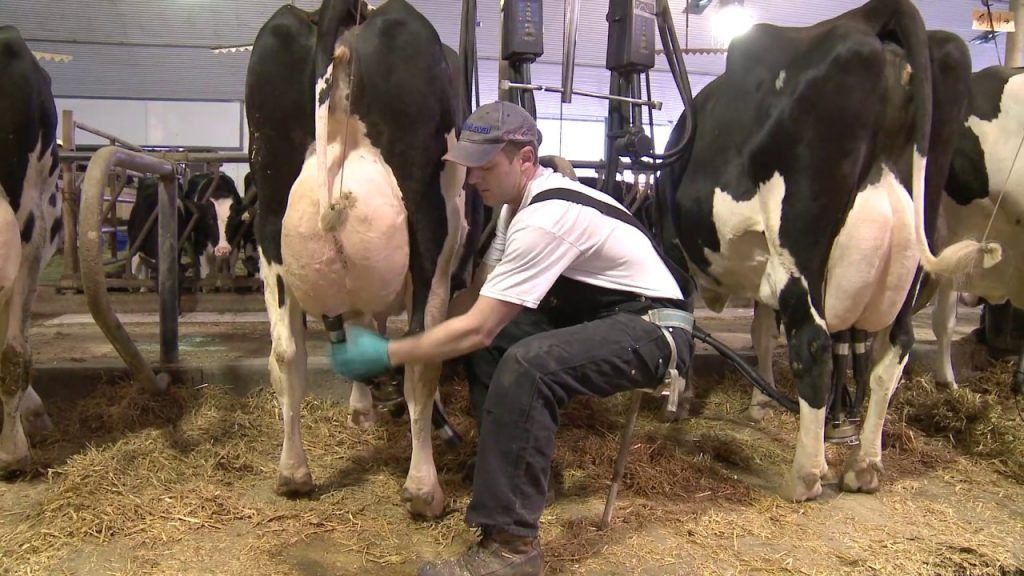Canada did not eliminate its import tariffs on milk, cheese, and chicken in the Mexico-United States-Canada Treaty (USMCA).
Virtually all goods traded within the North American region have been fully liberalized since January 1, 2007, when all of the products negotiated in the North American Free Trade Agreement (NAFTA) were dismantled.
This was the last stage of NAFTA liberalization, which included so-called “sensitive” products such as corn, sugar, beans, and powdered milk.
Comprised of 34 chapters and 12 parallel letters, the T-MEC retains most of NAFTA’s market opening measures, while making notable changes to automotive rules of origin, dispute settlement provisions, government procurement, investment and protection of intellectual property rights.
But Canada achieved the exception of 84 tariff fractions that were not contemplated and, therefore, will not be exempt, including those related to: gamecocks, chickens, meats and edible offal of poultry, milk, cream, yogurt, whey, butter, spreads, butyric fats, cheeses, cottage cheese, poultry eggs, yolks, sausages, sugar, chocolate, flour-based food preparations, ice creams, flavored syrups, egg-based preparations, food prepared with solid dairy products, casein and its derivatives.
Milk
Canada has a supply management system for chicken, egg and turkey production and has allowed only a small amount of these products to be imported duty free.
But with the T-MEC, Canada’s duty-free chicken quotas start at 47,000 tons, expand to 57,000 tons in year six, and then continue at a growth rate of 1% per year for the next 10 years .
In addition, six months after the entry into force of the T-MEC, Canada will eliminate its Class 7 milk price (which includes skim milk solids, Class 6 in Ontario) and set its price for skim milk solids based on a formula that takes into account the price of skim milk powder in the United States, among other factors.
Like another of Canada’s concessions, the eggs would have a new TRQ of 10 million dozen annually, while the annual TRQ for turkey and broiler hatching eggs would be established using formulas based on Canadian production.

